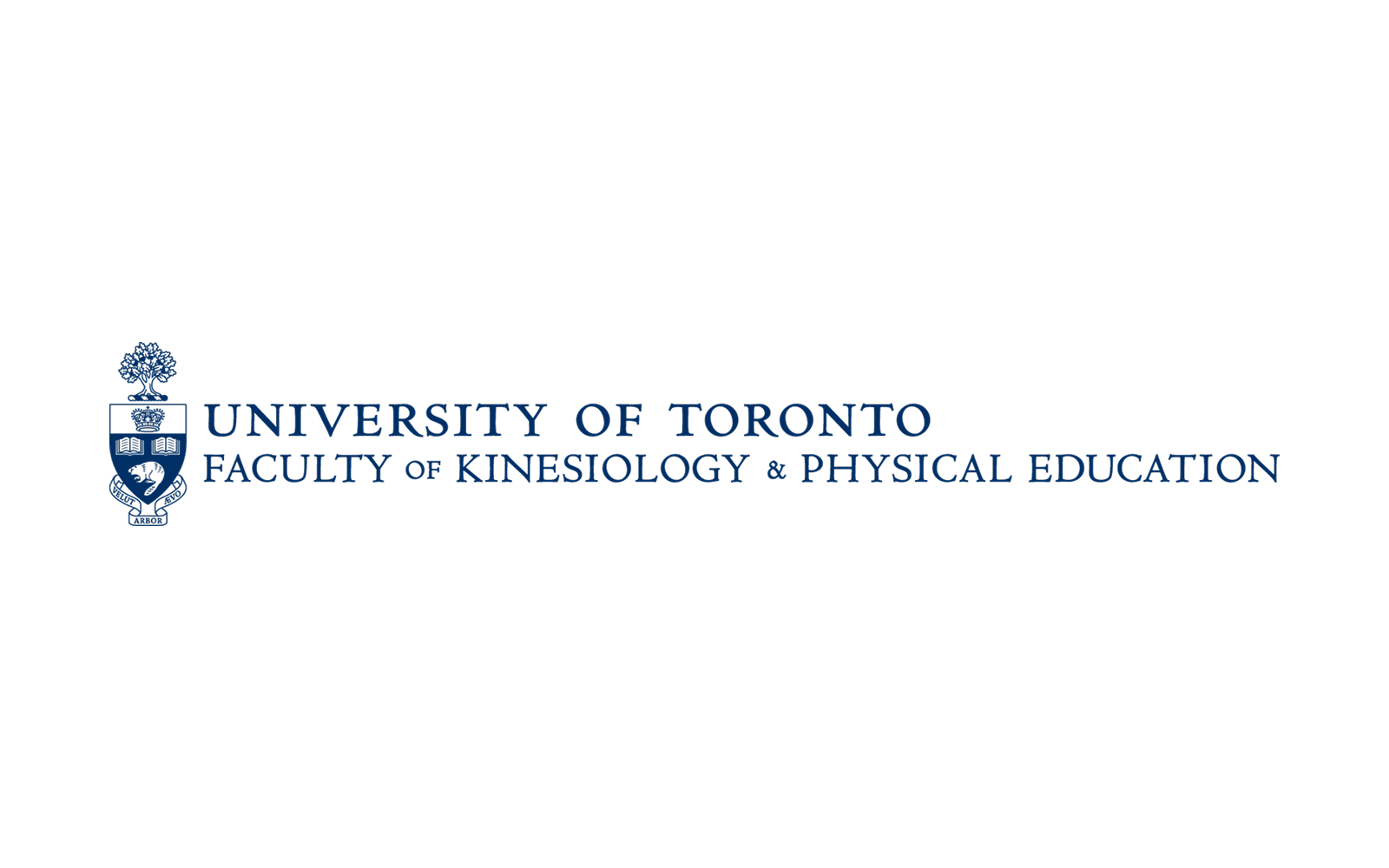Quality Participation Experiences in Special Olympics Sports Programs
Principle Investigator: Dr. Kelly Arbour-Nicitopoulos (University of Toronto)
Co-Investigators: Dr. Rebecca Renwick (UofT), Dr. Virginia Wright (UofT), Krystn Orr (UofT), Dr. Roxy O’Rourke (UofT)

Project Summary
Special Olympics offers Traditional and Unified sports programs—Traditional programs include only athletes with IDD, while Unified programs bring together athletes with and without IDD. This project examined how athletes, coaches, and parents experience Special Olympics programming, using surveys and interviews from the Inaugural Invitational Youth Games (May 2019).
Researchers Explored Three Key Areas:
-
1Athlete Experiences in Traditional vs. Unified Sports
-
2Unified Sports’ Impact on Young Athletes and Coaches
-
3Parents' Role in Supporting Unified Athletes
A quality sports experience is shaped by autonomy, belongingness, challenge, mastery, engagement, and meaning. Athletes reported positive experiences, with stronger belonging leading to greater engagement. However, the study revealed gaps in inclusion between athletes and coaches in Unified sports. Parents of Unified athletes played a key role but often struggled to balance support, independence, and life skills. Many felt unclear about their role, making it harder to guide their child.
Findings Were Reported Through:
-
Surveyson athlete, coach, and parent perspectives.
-
Interviewsproviding deeper insights into sports experiences.
-
Analysis of Quality Participationusing six key elements of engagement.
Key Messages
-
1Enhance Coaching SupportTraining for Unified Sports coaches should focus on both sports skills and inclusion to create a more accessible and supportive environment.
-
2Improve Outreach and Resources for ParentsMany parents feel unclear about their role. Providing guidance and information sessions can make their child’s sports experience smoother.
-
3Strengthen Athlete EngagementUsing a proven model of quality participation can boost youth involvement and retention in Special Olympics programs.

